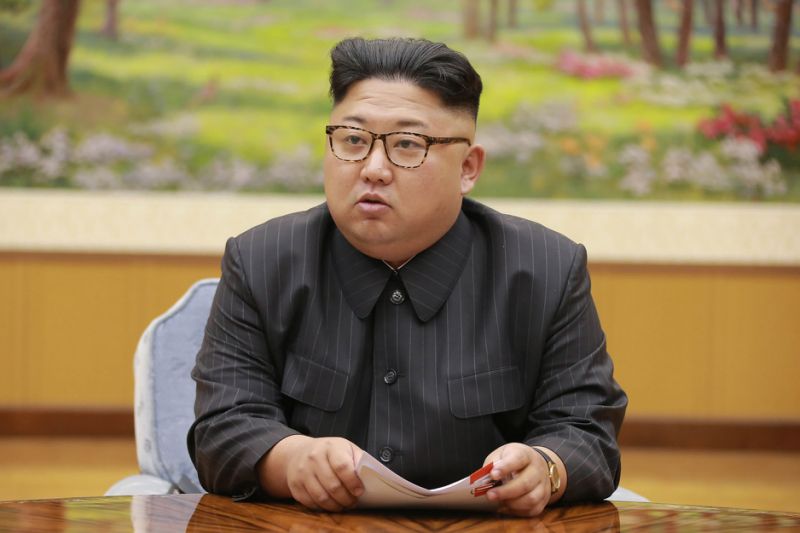Chinese geologists have warned North Korea that the consequences could be catastrophic if it conducts another test at the mountainous Punggye-ri nuclear facility, the South China Morning Post reports.
North Korea conducted its sixth nuclear test at the facility, situated roughly 50 miles from China’s border, in early September. After the test, a senior Chinese nuclear scientist warned that another test could blow off the top of the mountain and lead to a massive collapse, which could allow radioactive waste to be blown across the border into China. This warning came as a North Korean delegation met with the Chinese Academy of Sciences’ Institute of Geology in Beijing on September 20.
Pyongyang’s September nuclear test was its most powerful yet. It was estimated to have a yield of 100 kilotons, which would make it roughly seven times as strong as the U.S. atomic bomb that decimated the Japanese city of Hiroshima during World War II in 1945.
Since the test, North Korea has threatened to test a hydrogen bomb over the Pacific Ocean, which could pose a huge risk to aircraft and shipping. During an interview that aired on CNN Wednesday, an official representing North Korea’s government, Ri Yong Pil, told the U.S. it must take the North Korean test threat “literally.”
As U.S. Defense Secretary James Mattis visited the Demilitarized Zone that divides South Korea from North Korea on Friday, he decried Pyongyang’s recent actions. But he also emphasized that the U.S. desires a “diplomatic solution” to the two nation’s differences.
“North Korean provocations continue to threaten regional and world peace, and despite unanimous condemnation by the United Nations’ Security Council, they still proceed,” Mattis said. “As Secretary of State [Rex] Tillerson has made clear, our goal is not war but rather the complete, verifiable and irreversible denuclearization of the Korean Peninsula.”
The U.S. and North Korea have been enemies for over half a century, but tensions have been particularly high in recent months as Pyongyang has ramped up its long-range missile tests and refused to give into global pressure to end its nuclear program.



